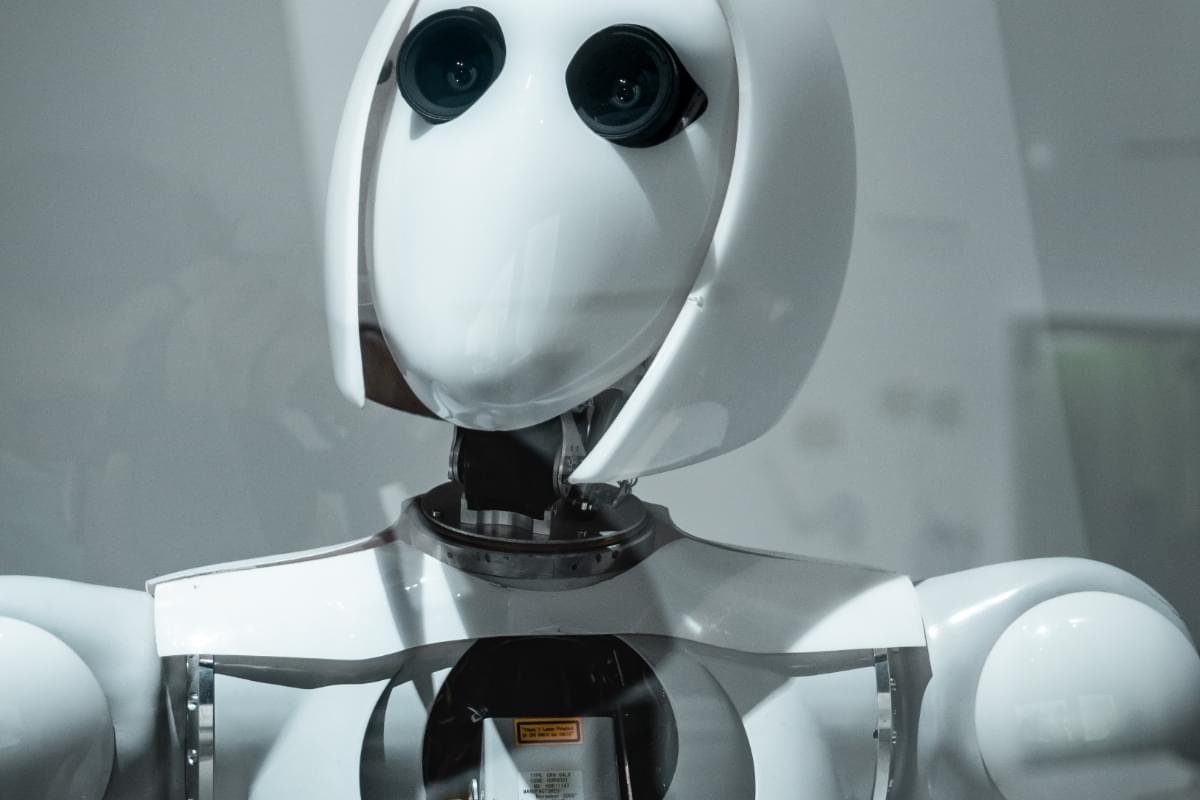These appeals may eventually turn into social movements with demands for legal recognition of the rights of robots and other technologies.
As we enter the era of "relationships 5.0" between humans and technology, ethical and moral issues will inevitably arise. The answers to these challenges will depend on whether we trust humanity's goodness. Just as we respect the living beings around us, we may also set principles and guidelines for how to treat AI assistants, avatars, and robots.
While we may object to the changes that are about to come, adjusting ourselves to them may be more helpful. It is difficult to guarantee that we will turn in the right direction on this journey to the future, but it is possible. By preparing ourselves thoroughly, we will be able to create a future in which relationships are strengthened, new friendships blossom, and emotional attachments become more diverse, both for humans and for man-made entities.
Here are 10 suggested guidelines to make this happen:
- Respect the autonomy of machines. While machines may have certain limitations, they should still be allowed to operate independently and make decisions within their programmed capabilities.
- Ensure transparency. Machines should be designed in a way that allows people to understand how they work and how they make decisions.
- Protect privacy. Machines should not be used to gather or disclose personal information without consent or for purposes beyond their intended use.
- Ensure safety. Machines should be designed to operate safely and prevent harm to people, other machines, or the environment.
- Establish accountability. Those responsible for creating and using machines should be held accountable for their actions and any harm caused.
- Foster trust. Machines should be designed in a way that builds trust between people and machines, ensuring that machines behave predictably and reliably.
- Promote accessibility. Machines should be designed to be accessible to people of all abilities, including those with disabilities, various sexualorientations, races, and ethnicities.
- Emphasize the human role. While machines may have certain capabilities, they should be designed to work in collaboration with people, emphasizing the importance of human input and decision-making.
- Encourage education and awareness. People should be educated about the capabilities and limitations of machines to ensure they are used in a way that benefits society and avoids harm.
- Address societal concerns. As machines become more integrated into society, it is important to consider the broader societal impacts and address any concerns or negative effects that may arise, such as inequality and racism.
If we believe in humanity, we can prepare for the changes by bringing ethical and moral considerations into the era of relationships 5.0. How we develop and treat new technology will be reflected in how AI, virtual reality, and robotics integrate into people's lives. We must reflect on the nature of these processes and make a decision. If an increase in sentiment in the relationship between people and technology is meaningful and becomes an almost inevitable trend in light of recent technological developments, then it is time for us to start thinking seriously about these issues.






